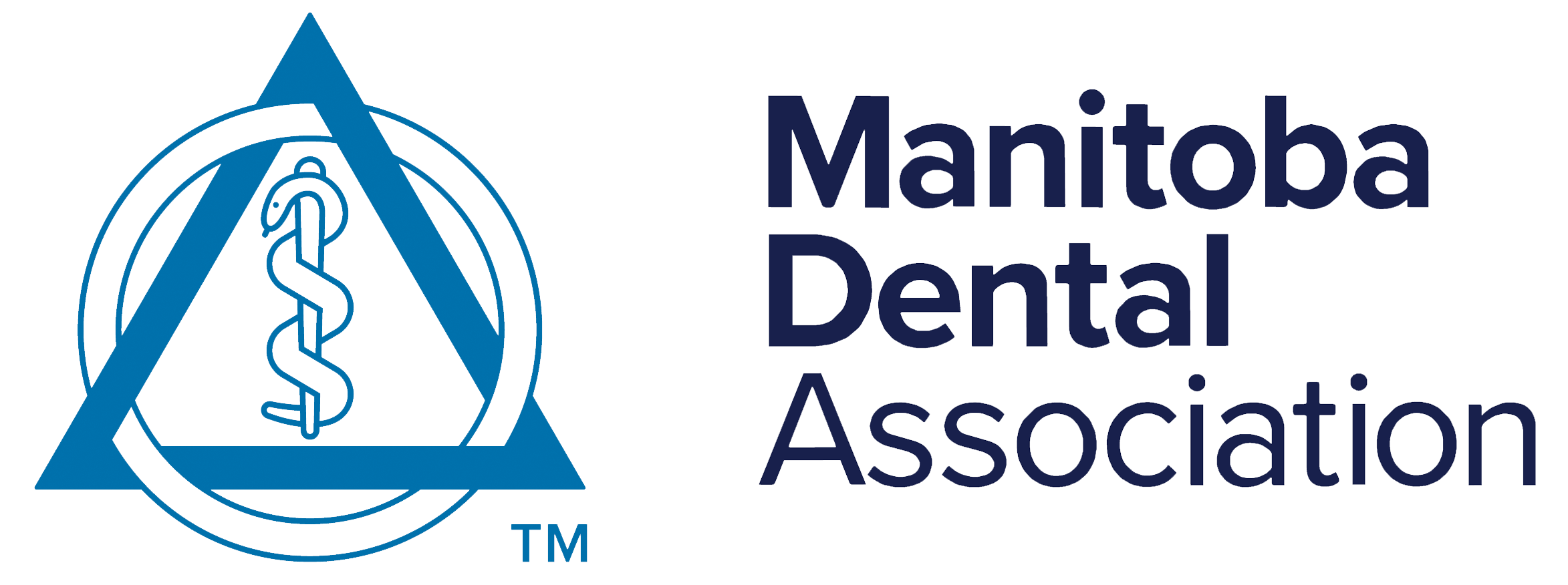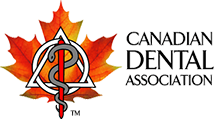Graduate of Non-Accredited Dental Specialty Program
To legally practise as a dental specialist in Manitoba, you must:
- Graduate from an accredited dental specialty program
- Pass either the RCDC Fellowship Exam or the NDEB National Dental Specialty Exam in their specialty
- Complete a registration and licensing process to become registered with the Manitoba Dental Association (MDA)
If you are educated outside of Canada or USA, you are likely a graduate of a non-accredited dental specialty program. To determine your status, please visit the Commission on Dental Accreditation of Canada (CDAC) or American Dental Association.
Start Here
The Manitoba System
Dental Specialties are regulated in Canada. This means that the profession sets its own standards of practice and that a regulator must authorize you to practice as a dental specialist. Each province and territory has its own regulator and registration and licensing requirements.
In Manitoba, the regulator is the Manitoba Dental Association (MDA). Regulation is achieved through registration and licensing requirements which must be met prior to practising, and yearly to maintain your license as a dental specialist in Manitoba.
For the Graduate of a Non-Accredited Dental Specialty Program, the process in Manitoba is outlined below.
Task 1: Immigration
The registration and licensing process can take a long time and be a significant financial burden to applicants.
Before you spend time and money on the registration and licensing process, contact one of these immigration authorities to ensure that you meet the immigration requirements:
Manitoba Provincial Nominee Program (MPNP)
Citizenship and Immigration Canada (CIC)
IMPORTANT
The government will review your dental specialty education and experience and may select you to immigrate to Canada if it is confident you can find work and contribute to the economy. The government however cannot guarantee that you meet the requirements to practise as a dental specialist in Manitoba. Only the Manitoba regulator, the MDA, can determine this through the registration and licensing process.
Task 2: Language Requirements
Dental Specialty Core Knowledge Examination (DSCKE) and Dental Specialty Assessment and Training Program (DSATP)
The DSCKE evaluates a candidate’s knowledge and forms the basis for acceptance into a DSATP.
The DSATP is a university gap training program for non-accredited dental specialist graduates that is offered at many Canadian Universities. The following Universities in Canada offer DSATP programs, but they may not offer the program you require. Visit the Association of Canadian Faculties of Dentistry, www.acfd.ca and www.ndeb-bned.ca for a list of Universities and training programs including contact information.
The following Universities offer DSATPs: (consider providing links to these programs if available?)
- University of Manitoba
- University of Alberta
- UBC
- University of Toronto
- McGill University
Visit the above websites for program details, including:
- Academic requirements
- Application process
- Deadlines
- Forms
- Program duration
- Program fees
STEP 1: Contact the dental specialty program at the University and Province of interest to you to verify its language proficiency requirements and the availability of a spot in your program of choice.
STEP 2: Complete the DSCKE through the NDEB (see website for times and locations). The examination results will be shared with your prospective program(s) as acceptance is at their sole discretion.
STEP 3: Successful completion of the DSATP is required to become eligible for the NDEB National Dental Specialty Examination, or the RCDC Fellowship Examination.
Task 3: National Dental Specialty Exam (NDSE) or RCDC Fellowship Exam
Language: English or French
Once you have a certificate of completion from a Dental Specialty Assessment and Training Program (DSATP), you are eligible to write the NDSE administered by the NDEB or the RCDC Fellowship Exam in Manitoba. The latter exam may not be available in other provinces.
Both organizations administer a specialty exam acceptable to Manitoba. The following specialties are recognized by the MDA:
- Dental Public Health
- Endodontics
- Oral and Maxillofacial Surgery
- Oral and Maxillofacial Radiology
- Oral Medicine and/or Oral Pathology
- Orthodontics
- Pediatric Dentistry
- Periodontics
- Prosthodontics
Visit www.ndeb-bned.ca and www.rcdc.ca for details on the following:
- Exam dates and deadlines
- Exam components
- Fees
- Study Guide
- Application requirements
- Application form
Successful completion of their the NDEB NDSE or the RCDC Fellowship Exam is required prior to moving to the next step and applying to the MDA for registration and licensure as a specialist in Manitoba.
Task 4: Manitoba Dental Association (MDA) Registration and Licensure
Language: English only
- All application forms must be completed in English
- All required documents must be written in English or must be translated into English, notarized and stamped by a qualified person such as a notary public who verifies that the document is a true likeness in content to the original document.
- Upon receipt of your registration and licensing package, please review and direct any questions to the MDA Office, Administrator of Registration, Licensing and Corporations.
- Once your package is complete, please send or drop it off, along with payment to: MDA Director of Registration and Licensing.
- The Director will confirm receipt of your licensing package. The Registrar will review your documents and if in order, will sign off on your application and a licensing appointment will be scheduled for you.
- Your license certificate will be delivered to you at this licensing appointment.
There are no English language proficiency requirements for STEP 4, however, the MDA recommends that you have a Canadian Language Benchmark (CLB) level 7 or higher in all four skills (speaking, listening, reading, and writing). This will ensure you understand what is required of you to comply with the registration and licensing process and to comply with all MDA Bylaws and the Dental Act as a dental specialist in Manitoba. This will also promote clear communication with the public of Manitoba during the delivery of dental care.
Relevant Forms and Documents
- Checklist for Registration in the Dental Specialist Category
- Instructional Guide for Completing Dentist Registration Application Form
- Dentist Initial Registration Application Form
- Certificate of Standing for other Health Professions and Jurisdictions
- Consent to Release Regulatory Information Form
- Consent to Release Third Party Assessment Information Form (NDEB)
- Consent to Release Third Party Assessment Information Form (RCDC)
- Consent to Release Health Information Form
- Declaration of Commitment to Ethical Practice and the Public Interest
- Language and Email Form
- MB Health Dentist Registration Form (do not fill in highlighted areas)

